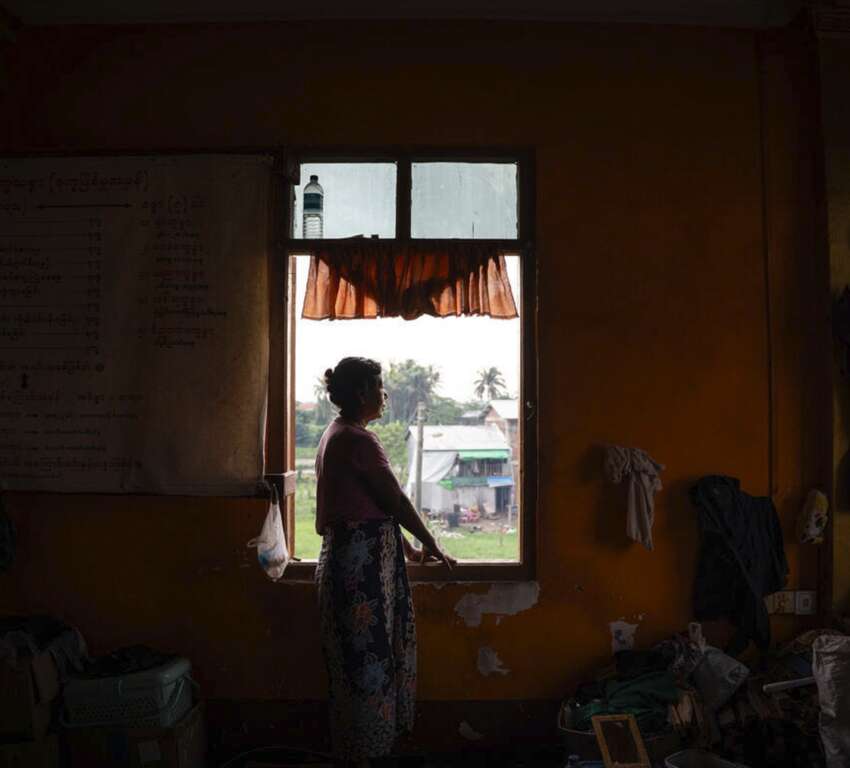
The United Nations World Food Programme (WFP) has issued a warning about the alarming rise in hunger and malnutrition in Rakhine State due to ongoing conflicts, blockades, and funding cuts. According to their findings, the number of families unable to meet their basic food needs in central Rakhine has increased dramatically from 33 percent to 57 percent. This significant increase indicates a severe deterioration in food security conditions throughout the region, with the current nutritional situation showing particularly worrying trends.
The WFP estimates that conditions may worsen further in northern Rakhine State due to ongoing conflicts and movement restrictions. Local residents find themselves trapped amid conflicts, unable to pursue their livelihoods, and lacking humanitarian assistance, creating a cycle of hardship. Michael Dunford, WFP’s Country Director for Myanmar, reports daily accounts of crying children and mothers forced to skip meals due to food shortages. The situation has become increasingly dire as families struggle to cope with limited resources and restricted access to basic necessities.
According to reports received by WFP, communities are resorting to extreme coping mechanisms for family survival, including borrowing money, begging for food, and removing children from school. There has also been a concerning rise in domestic violence, social tensions, and human trafficking risks. The prolonged conflict, movement restrictions, rising food prices, and reduced humanitarian funding have all contributed to exacerbating the crisis. The situation has been further complicated by WFP’s suspension of aid to over one million people in Myanmar in April 2025 due to funding shortages.
WFP requires $30 million to assist more than 270,000 people in Rakhine State over the next six months. The organization urgently calls on the international community to increase humanitarian funding and for authorities on the ground to allow unimpeded access for humanitarian assistance. They warn that without immediate action, the current crisis could evolve into a catastrophic humanitarian disaster. The organization emphasizes that this situation cannot be ignored by the international community and requires urgent intervention to prevent further deterioration of conditions for vulnerable populations in Rakhine State.



